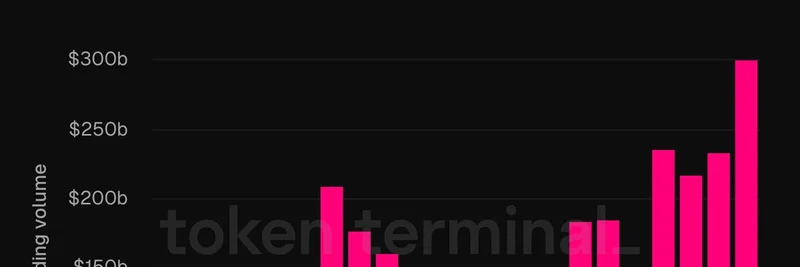Hey there, meme token enthusiasts and blockchain buffs! If you’ve been keeping an eye on the tech scene lately, you’ve probably noticed some wild stuff brewing, especially around the Y Combinator (YC) community. A recent tweet by Kyle (@0xkyle__) on July 4, 2025, at 10:28 AM UTC, dropped a bombshell that’s got everyone talking. Let’s break it down and see what’s really going on!
The Tweet That Started It All
Kyle’s tweet reads: "wild things are happening in the tech / ycom side of the world - some guy doing 10 jobs at once - more copying and YC backed copycats lmeow". This post quotes a thread by soham (@soham_btw), who called out a project called Glass, an open-source AI desktop assistant, for allegedly copying code from another open-source project. The drama? It’s tied to YC, a famous startup accelerator, and it’s raising eyebrows across the tech and blockchain communities.
What’s the Glass AI Controversy?
So, what’s Glass all about? According to Daniel (@leinadpark), Glass is a free, open-sourced AI tool designed to act as a real-time meeting assistant. It’s pitched as an improvement over a paid tool called Cluely, with no sign-ups and the option to use your own OpenAI key. Sounds cool, right? But here’s the kicker: soham claims Glass didn’t build this from scratch. Instead, they allegedly took code from a GPLv3-licensed project (likely cheatingdaddy.com) and slapped an Apache 2.0 license on it— which is a big no-no in the open-source world.
For those new to this, open-source licenses like GPLv3 require that any derivative work also be shared under the same license. Switching to Apache 2.0, which has different rules, could be seen as a sneaky move to claim ownership or even pivot to a closed-source model later. Soham even shared side-by-side code comparisons to back up the accusation, showing identical code snippets and comments. Yikes!
Y Combinator’s Role in the Drama
This isn’t just a random spat—YC’s involvement adds fuel to the fire. Kyle’s tweet hints at a trend of “YC-backed copycats,” and soham takes it further by tagging Y Combinator and Garry Tan, a prominent YC figure, asking if this is the kind of startup they support. The implication? Some YC companies might be riding on the coattails of others’ hard work rather than innovating. This resonates with past tech scandals, like the Embark autonomous trucking fiasco mentioned on miketrigg.com, where hype outpaced reality.
The Bigger Picture for Blockchain and Meme Token Fans
Why should this matter to you, especially if you’re into meme tokens or blockchain? The tech world’s ethics and innovation practices can ripple into the crypto space. Open-source projects are the backbone of many blockchain tools, and if copycat behavior becomes normalized—especially with big backers like YC—it could erode trust. Plus, AI tools like Glass could eventually integrate with blockchain platforms, making transparency in their development a hot topic.
What’s Next?
Soham’s thread ends with a plug for their own project (PDxKyOwGDJ), urging people to check out the “real” work. Meanwhile, the community note on Daniel’s post confirms Glass might be a copy of cheatingdaddy, adding credibility to the accusations. Will YC respond? Will Glass pivot or face a DMCA takedown? This saga’s far from over, and it’s one to watch!
Stay in the Loop
At Meme Insider, we’re all about keeping you updated on the wild world of tech and blockchain. Drop your thoughts in the comments—do you think this is a one-off or a sign of bigger issues? Follow us for more juicy updates, and let’s navigate this crazy landscape together!


